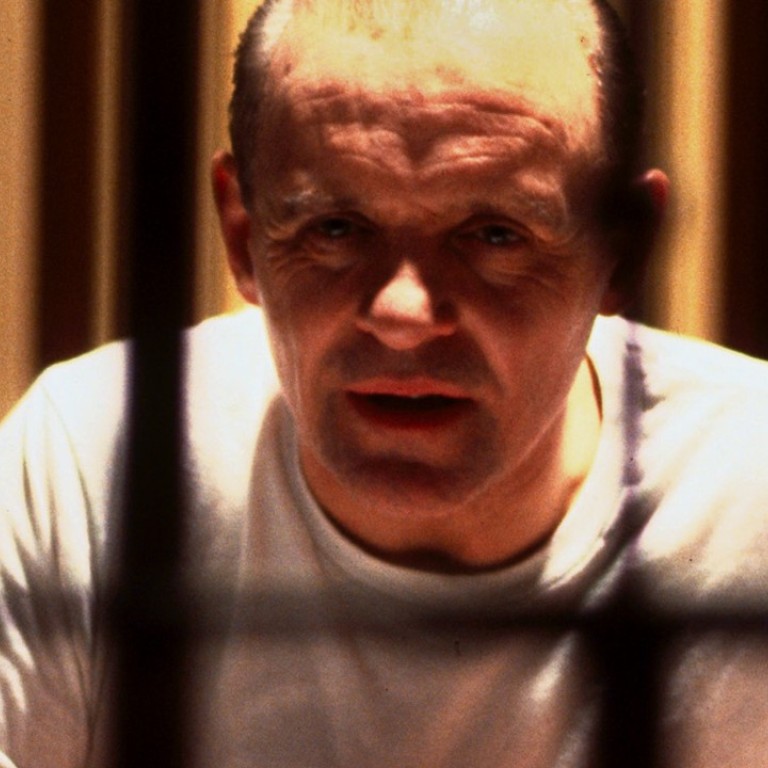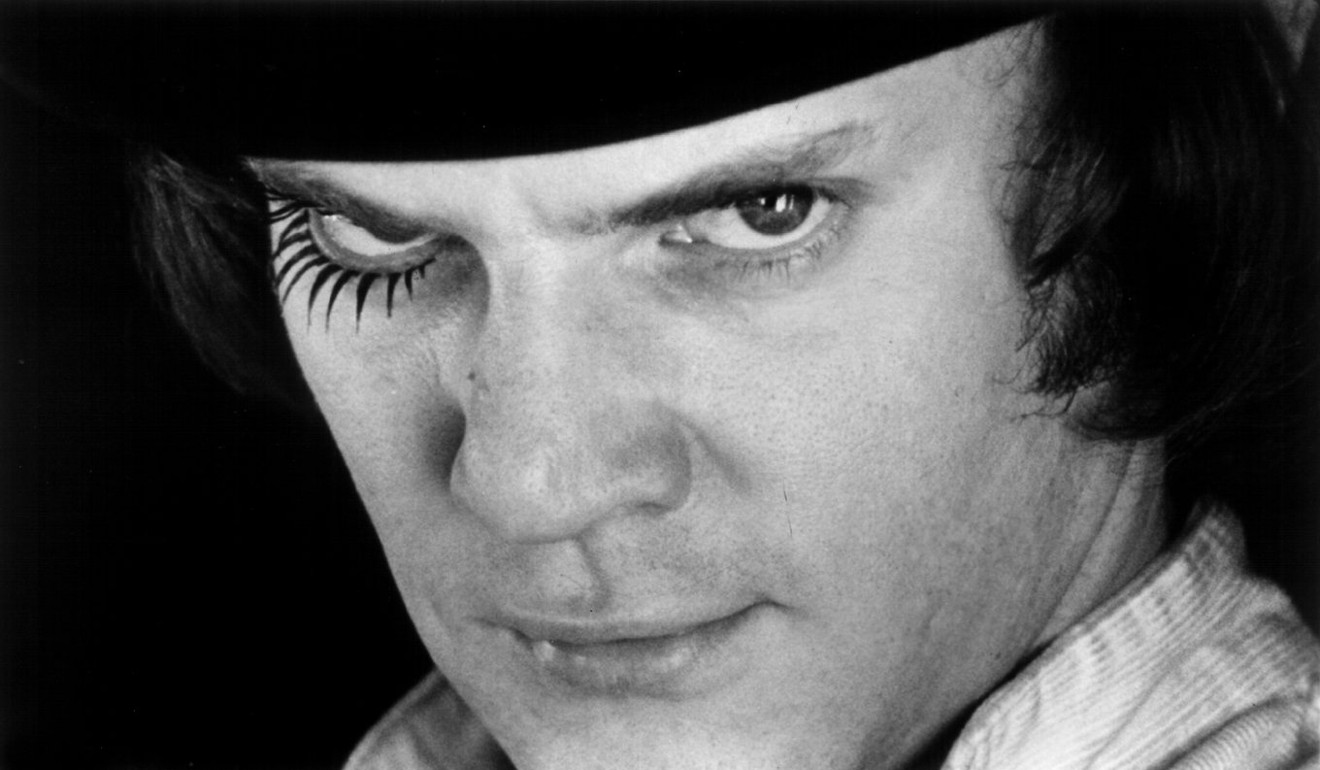
Psychopaths probably like Bieber more than Bach, according to unusual study
Researchers wanted to find out if a preference for certain musical genres was correlated with psychopathy, a personality disorder characterised by manipulativeness and a lack of empathy
Despite the film industry’s depiction of psychopaths, classical music is not their go-to soundtrack in the real world.
“In the movies, if you want to establish in one shot that a monster has a human side,” said Pascal Wallisch, a psychology professor at New York University, filmmakers play a certain kind of music. There’s Beethoven in A Clockwork Orange or Mozart in The Silence of the Lambs.
Wallisch and Nicole Leal, a recent graduate of NYU, wanted to find out if a preference for certain musical genres is correlated with psychopathy, a personality disorder characterised by manipulativeness and a lack of empathy.
The researchers gave a questionnaire to more than 190 NYU psychology students that rated their level of psychopathy. It includes questions such as, “For me what’s right is whatever I can get away with” and “Love is overrated”.
“The cliché is they (psychopaths) are all in prison, but they’re all over,” Wallisch said.
The students listened to a songs from a wide range of musical selections, from classical to recent Billboard 100 songs, and rated them on a seven-point scale.

Most of the songs were unfamiliar to the students. Wallisch and Leal looked for correlations between preferences for certain songs and the students’ scores on the psychopathy scale.
They identified about 20 songs that seemed to be particularly popular or unpopular depending on the listener’s level of psychopathy.
The researchers then ran the numbers in the opposite direction. They had other students listen to those songs with the highest correlations to the psychopathy scale and rate the songs.
The students’ reactions to the songs predicted to some extent their own scores on the psychopathy scale.
The study hasn’t been published in a peer-reviewed journal, and like all early studies may not hold up, but it was presented at the Society for Neuroscience meeting that is being held in Washington DC, this week with about 30,000 attendees.
Watch: Justin Bieber’s ‘What Do You Mean?’
Among the songs with the highest correlation were Eminem’s “Lose Yourself”, the Academy and Grammy award-winning rap song popularised in the 2002 movie 8 mile, and Blackstreet’s “No Diggity” which ousted “Macarena” for Billboard’s top spot in 1996.
Justin Bieber’s “What Do You Mean” was also popular with those students who scored high on the psychopathy scale.
On the low end were Dire Straits’ “Money for Nothing,” the much-covered country tune “Wayward Wind” and The Knack’s 1979 pop-rock hit, “My Sharona”.
Leal said they hadn’t found a pattern yet, if there is any, in what the songs popular or unpopular with people who score high on the psychopathy scale have in common.
She originally hypothesised that people high in psychopathy might prefer songs without lyrics – since most lyrics are about something psychopaths don’t care about, namely the singer’s feelings – but that didn’t seem to be the case.
Asked what artists or songs he liked best, Wallisch had the perfect answer: “I’m really not interested in music at all.”

